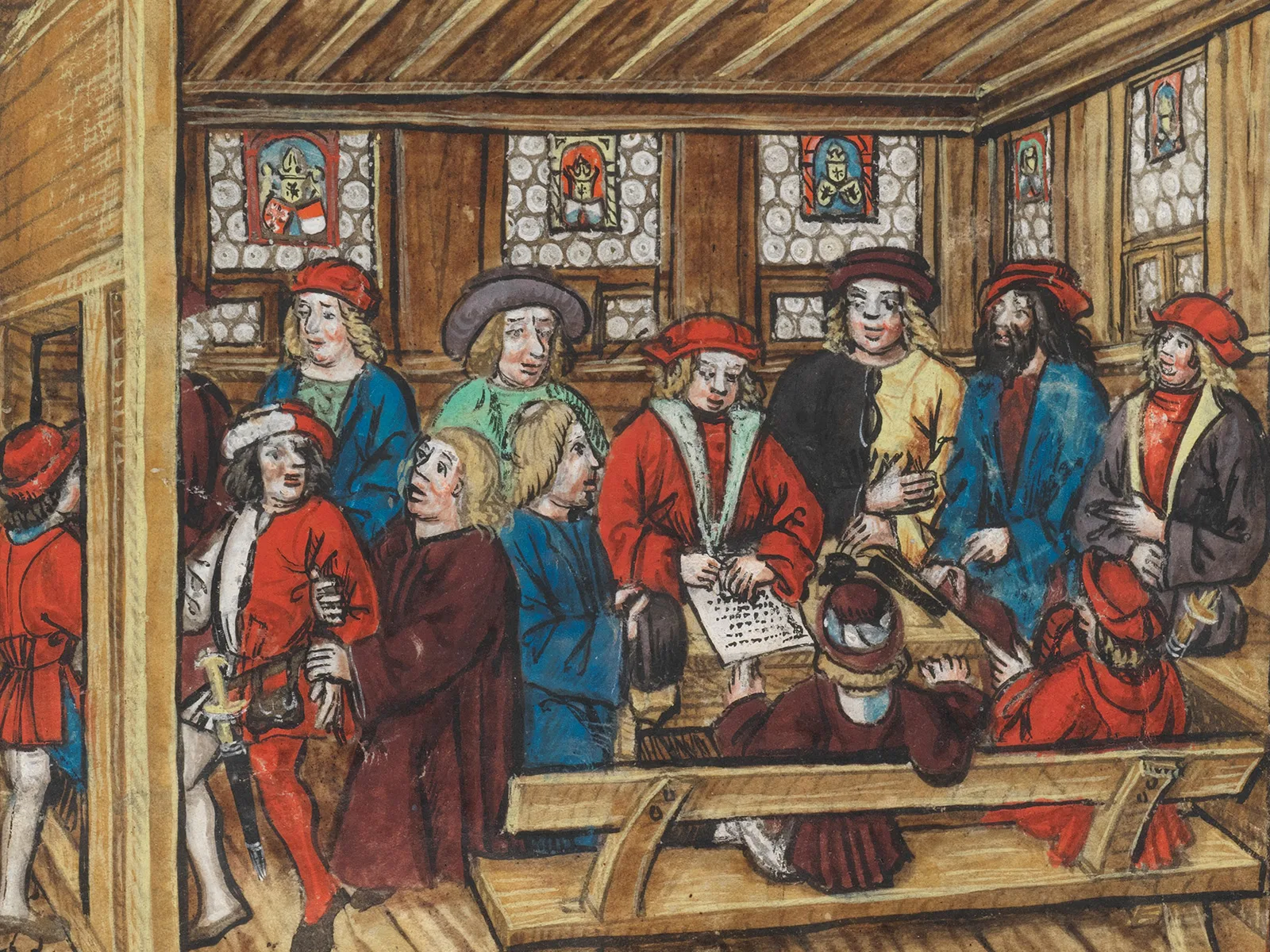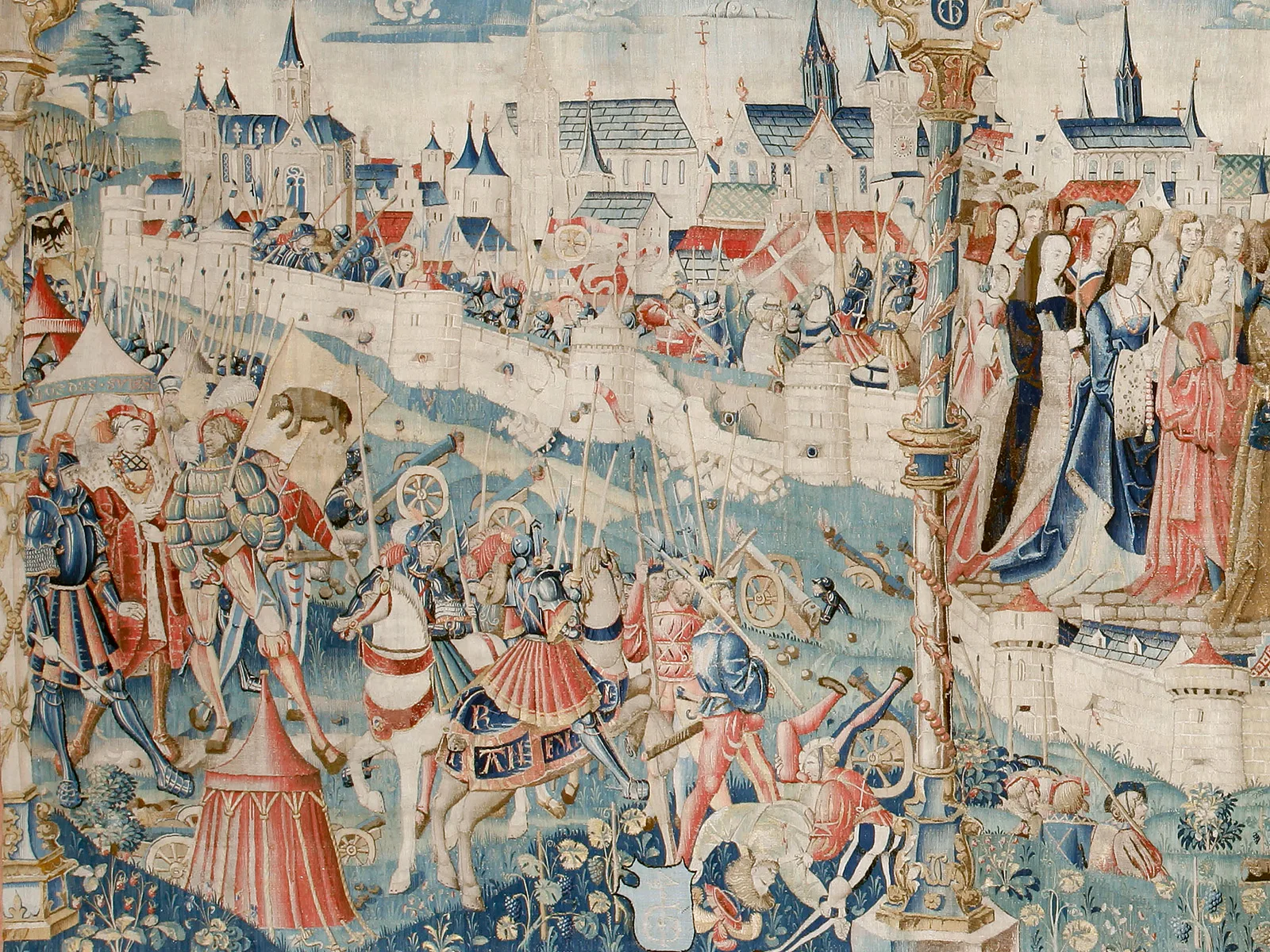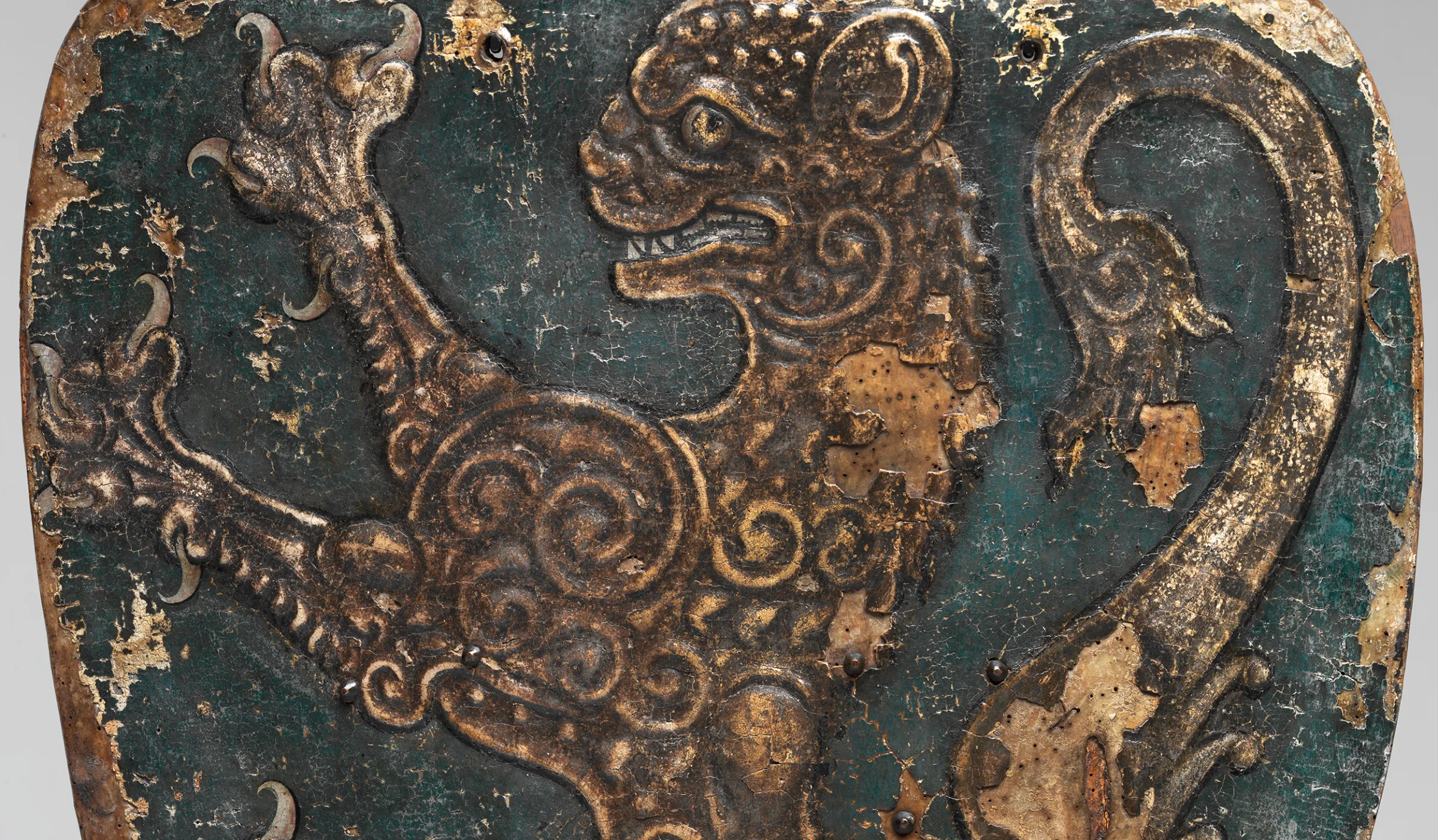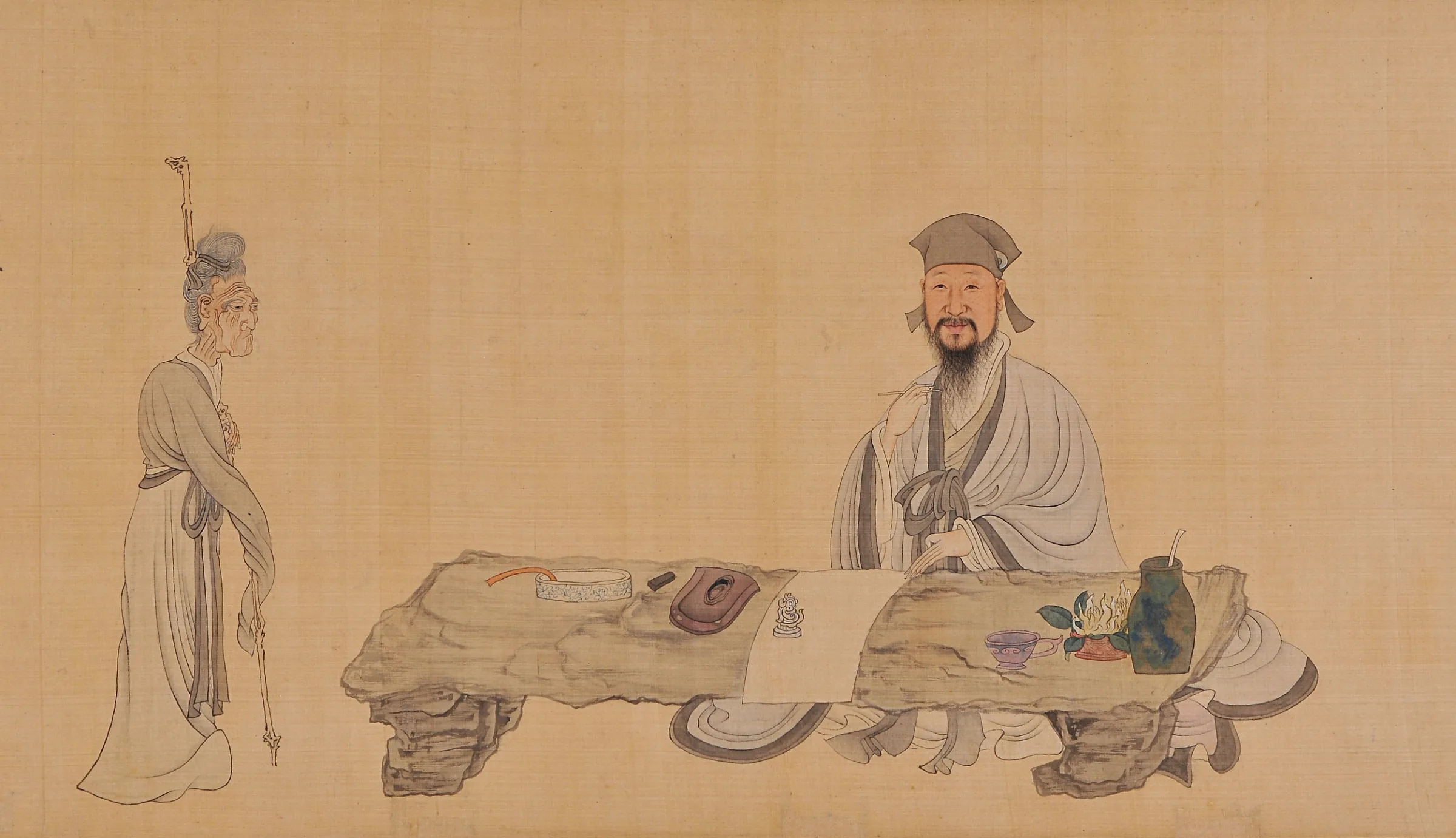
China – Return of a Former World Power
China is the first new-yet-old world power. Remarkably, its re-emergence so far has been accomplished without armed conflict. Asia expert Urs Schoettli on the revival of the Middle Kingdom.
Turning points in history enter the public consciousness whenever monumental events happen. The fall of the Berlin Wall is a typical example. Often, however, most people realize only in retrospect that they have been witnesses to a time of significant change in world history, and that is what we are experiencing now. At an accelerating rate, the People’s Republic of China is replacing the United States as the world’s pre-eminent power. China as a leading power is both an old and a new phenomenon; its rise has been underway since the beginning of the third millennium – coincident with American “imperial overstretch”. Yet since Xi Jinping and Donald Trump took office in 2012/13 and 2017 respectively, developments have accelerated still more, and the outlook for the next few years is now more clearly delineated than ever before.
Examination of the past two centuries reveals distinctive contours in the dangers inherent in any shift between the tectonic plates of rival powers. As a general rule, there have been major wars every time a new and rising power has laid claim to its place in the sun. This was the case with Napoleon, Bismarck’s German Empire, Hitler’s Third Reich, and the Japanese Empire. Conversely, the terminal decline or the sudden collapse of a world power can also result in convulsions. The decline of the British Empire – and here most especially the Partition of the Indian subcontinent – as well as the collapse of the Soviet Union come to mind.
It is therefore legitimate to ask just how dangerous the rise of China – and the decline of the US – is for the existing world order. We need to remember that in China’s case, we are dealing for the first time with a new-yet-old world power. Before being marginalized for two centuries following blows that were either self-inflicted or dealt by outsiders, China had been a hegemonic power for some 1,500 years. Wilhelm II’s Germany, in contrast, was a typical imperialist upstart.
Remarkably, up until now China’s renaissance has proceeded without armed conflict. The great statesman and pragmatist Deng Xiaoping, the force behind China’s socio-economic modernization and opening up to the world, had always urged his compatriots to be “humble” and to resist the temptations of delusions of grandeur. He was only too aware of the numerous Achilles heels that his seriously damaged country had – and to some extent still does – after its impoverishment as a consequence of Mao Zedong’s policies.
Anyone who has followed or even experienced China’s rapid economic rise over the past three decades must have known from the beginning that the country would not maintain a low profile for ever. Thus, in recent years, we have witnessed burgeoning national self-confidence on the part of China’s elites. As in every country, in China, too, we of course find very different attitudes to nationalism and cosmopolitanism. Following the serious blows and humiliations – two Opium Wars, the establishment of foreign concession areas, brutal occupation by the Japanese – which China suffered in the 19th and 20th centuries, it was to be expected that the “We matter again!” faction would acquire a new lease of life now that the country has taken the top spot in the global economy.
As head of state and party leader, Xi Jinping is playing the card of China’s resurgence with great skill. By appearing statesmanlike and level-headed on the world stage, and by eschewing all revolutionary Maoist rhetoric, he is also cementing his prominent position in China’s domestic politics. It says a great deal both about the current state of the West and Xi’s sense of himself that at the World Economic Forum in Davos in 2017, he was the most influential advocate of a liberal international economic system based on free trade and global cash flows. Even if critics accuse Xi of cynicism in view of the realities at home in China, it is truly remarkable – forty years after the death of Mao Zedong, who had threatened to destroy the capitalists in a “war of the hovels against the palaces” – that the economic elite in the West are exalting the general secretary of the rigidly Marxist Communist Party of China as their saviour.
It will certainly not be detrimental to the global order if the world’s most populous nation, and soon-to-be strongest economy, can bring its influence to bear on international institutions and relations in a manner that is proportional to its influence. A constructive world power is definitely much better than an ideologically obsessed “middle power”. Against this backdrop, we do not share the view of those “experts” who, in the prospect of an Asian or rather a Chinese century, see the spectre of a renewal of the Cold War. In the interests of pluralism and multipolarity, it is certainly positive that Beijing’s establishment of the AIIB has broken the monopoly of the Bretton Woods institutions. Under pressure from the industrial powers in the West, Japan allowed itself to be dissuaded from a similar move during the Asian financial crisis of 1997/98.
Situational and risk assessments are always problematic if they examine only the positive aspects of a development. Of course, no one with any sense would choose not to express admiration for China’s historic accomplishments over the past three decades. The very fact that over one billion people have been lifted out of poverty and freed from slavery deserves to be seen as one of outstanding achievements of civilization.
When taking stock of China’s process of modernization and opening up, it would nevertheless be insincere not to name the weaknesses that make the country’s economic wonder vulnerable. Firstly, there is the still unresolved question of deadlock over political reforms. Our first consideration here is not even the establishment of a pluralistic democracy, but rather the establishment of a state founded on the rule of law. Such an achievement is essential, not least in order to ensure the fair and effective implementation of anti-corruption measures, a cause Xi Jinping has made his own.
An even more urgent question is the structural weakness of China’s banking system and financial sector, which are encumbered by a lack of transparency and gross distortion as a result of state intervention. It is not just the huge burden of bad loans on the books of the big state banks in China that come to mind here; we are also thinking about the lack of trust which the Chinese have in their own currency, and of course another consideration is the lack of due diligence by the companies listed on the Chinese stock exchange. Nobody really knows the real value of these companies.
China has huge capital reserves that would allow it to get to grips with these structural weaknesses, even if, of course, fundamental reform would cost less and would hold greater promise for the future. Another concern, given a serious economic crisis, is that the Chinese leadership might come under pressure from Maoist and nationalist forces (populism not being exclusive to the West!), and might abandon the geopolitical self-restraint that it has exercised up until now. There is currently evidence of that happening, especially in the South China Sea. More devastating by far would be if China headed towards confrontation with Taiwan and Japan. Even in the Asian century, the same holds true for the many wars seen in the West: a dispute is easily triggered, and often develops a momentum of its own that against all reason and better judgement leads to the outbreak of war.
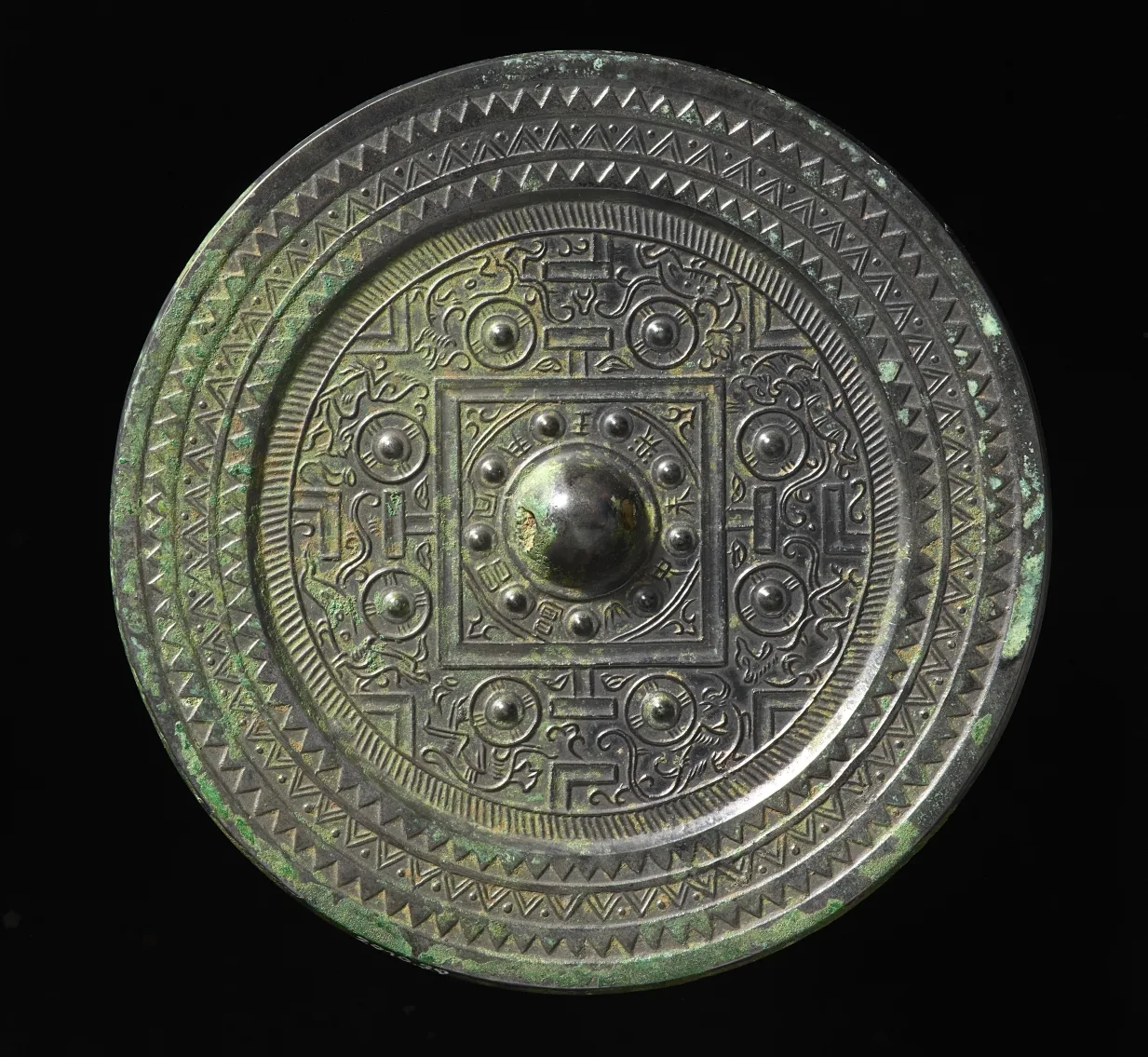
TLV-mirror with depiction of an ideal cosmic order. China, early Eastern Han dynasty, 1st ct. bronze. Photo: Museum Rietberg Zurich, bequest Charlotte Holliger-Hasler
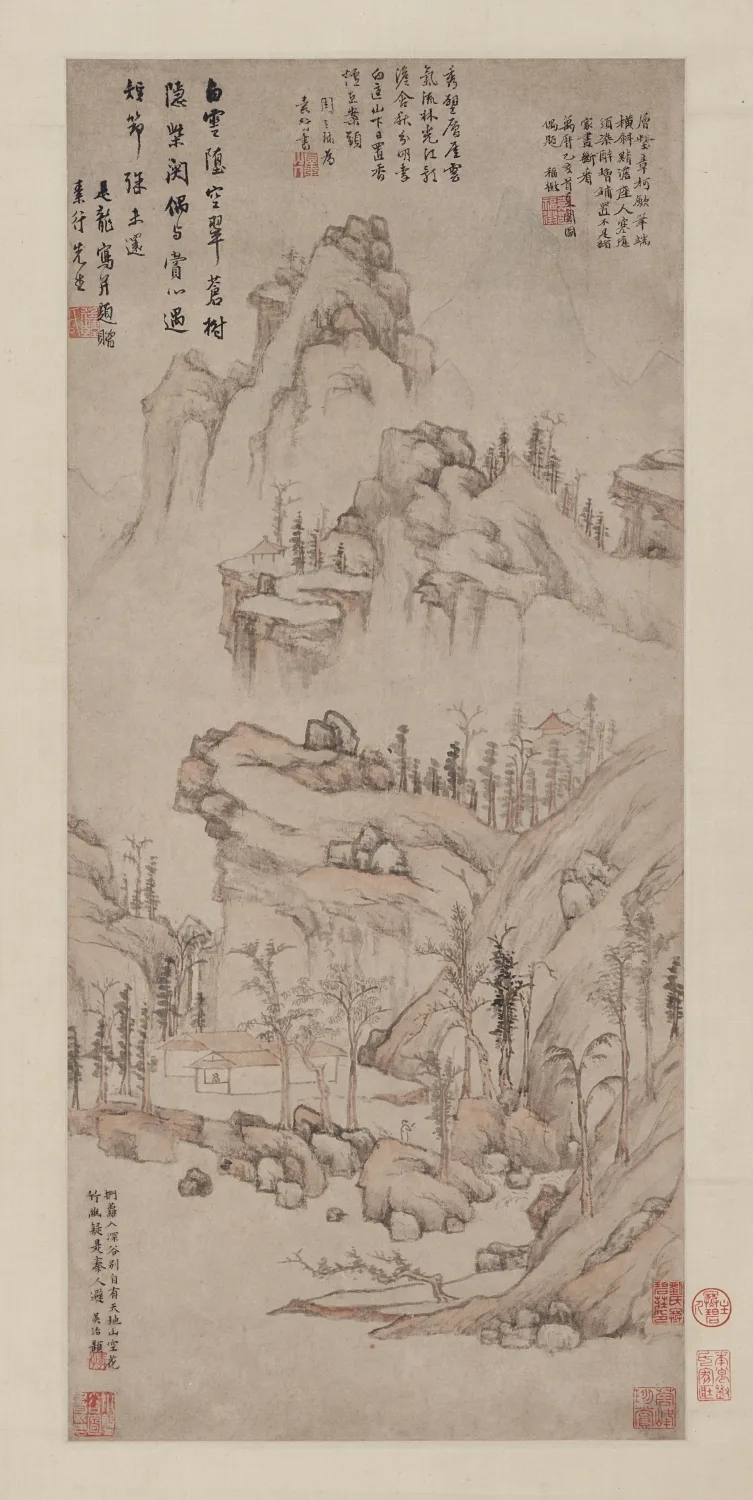
Nature as a model for society. "Fog is spredaing in the valleys". Mo Shilong (1537-1587), China, Ming Dynasty, 16th Ct. Ink and light colours on paper. Photo: Museum Rietberg Zurich, donation Charles A. Drenowatz
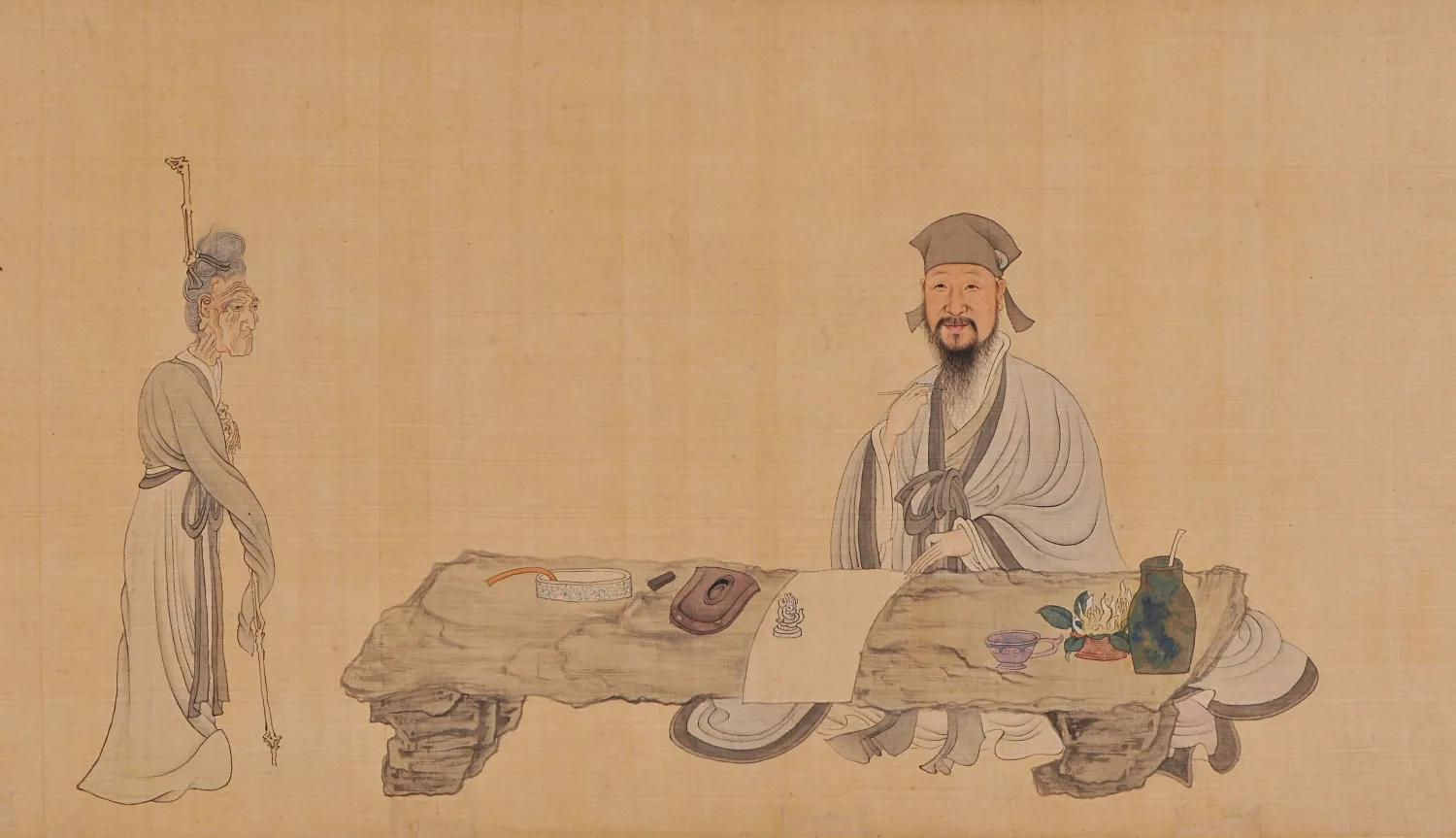
The ideal of the educated and art-minded functionary. Detail from the scroll "Four scenes from the life of the Tang poet Bai Juyi". Chen Hongshou (1598–1652), China, Qing Dynasty, datied 1649. Ink and color on silk. Photo: Museum Rietberg Zurich, donation Charles A. Drenowatz
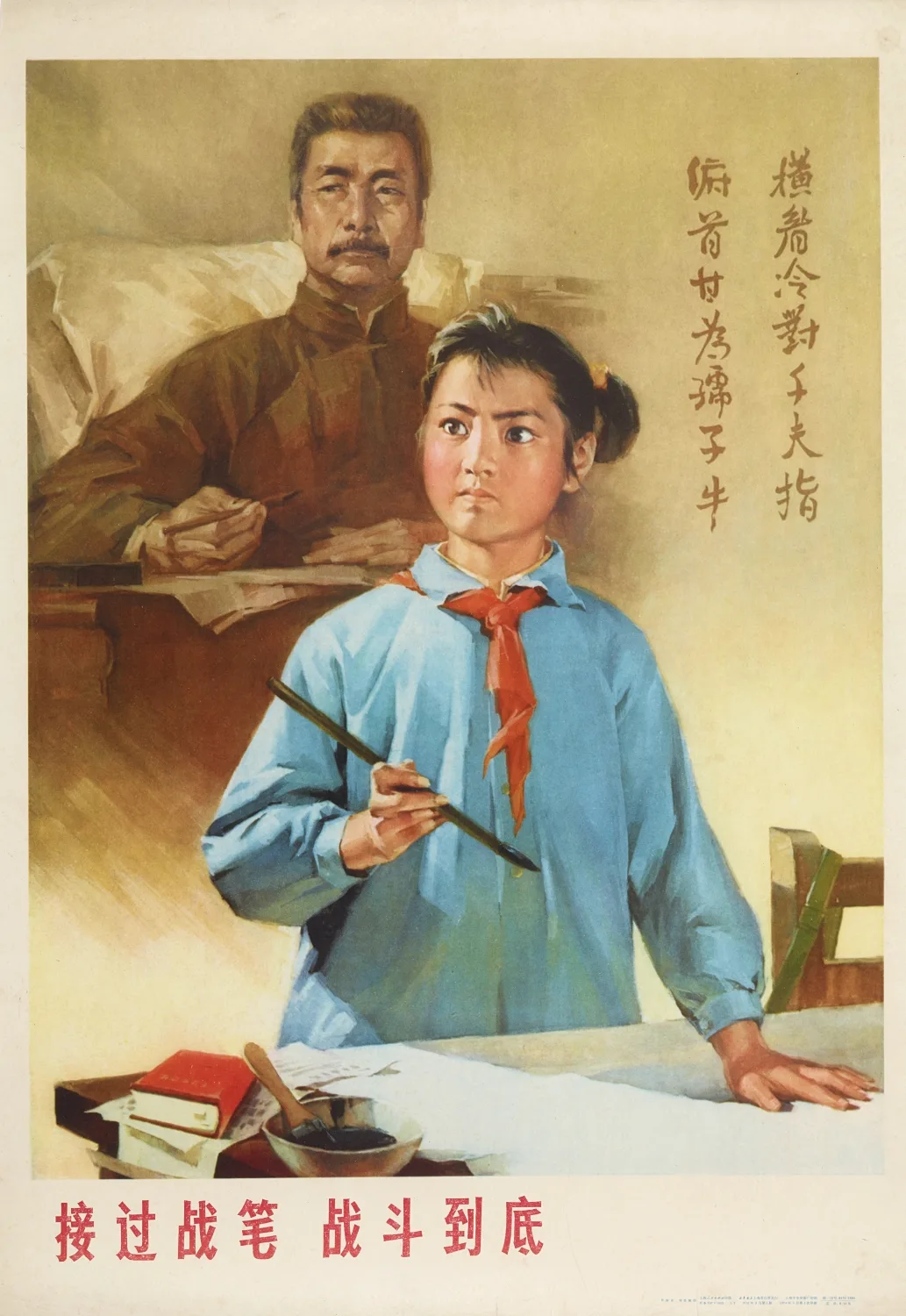
Propaganda poster from the Cultural Revolution. "Take over the brush of polemics, struggle to the end". Xiao Zhenya and Liu Enbin, China, mid 20th ct. Photo: Museum Rietberg Zurich

